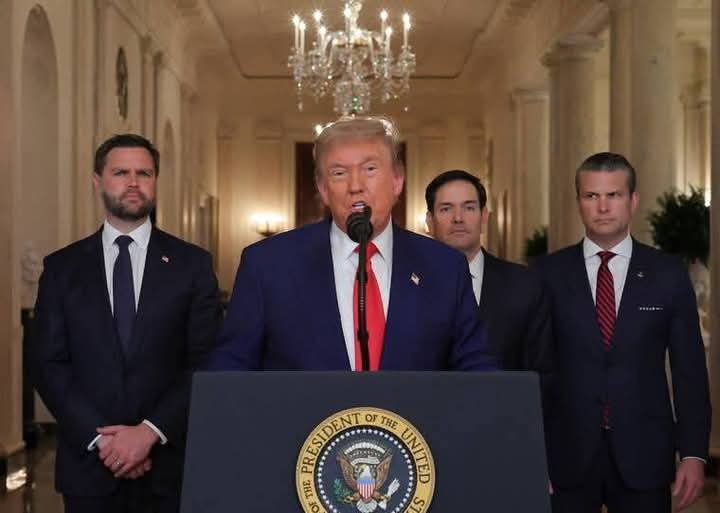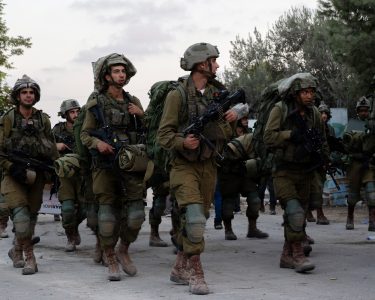U.S. airstrikes on Iranian nuclear sites
Triggers global fallout as Iran vows retaliation
Summary
- U.S. Presiden Donald Trump announced coordinated strikes on Iran’s key nuclear facilities, claiming complete destruction
- Iran reported only minor damage and vowed to continue its nuclear program, calling the attacks illegal under international law
- Global reactions were mixed, with Israel praising the move while others, including Venezuela and the UN, raised alarms over escalation
- Experts question the long-term effectiveness of the strikes amid fears of retaliation and broader regional instability
Washington D.C. — In a dramatic escalation of the ongoing Israel-Iran conflict, the United States launched coordinated airstrikes on June 21, 2025, targeting three of Iran’s key nuclear facilities—Fordo, Natanz, and Isfahan.
The operation, announced by President Donald Trump and described as a “spectacular military success,” aimed to dismantle Iran’s uranium enrichment capabilities.
Using six 30,000-pound GBU-57 “bunker buster” bombs delivered by B-2 stealth bombers and 30 Tomahawk cruise missiles launched from Navy submarines, the U.S. struck what it considered critical components of Iran’s nuclear infrastructure. Trump declared the facilities had been “completely and totally obliterated.”
The operation was carried out in close coordination with Israel, which had been engaged in hostilities with Iran since June 13. Israeli Prime Minister Benjamin Netanyahu hailed the strike as a “bold decision” that sends a clear message to Tehran.
Iran acknowledged the attacks but downplayed their effectiveness, saying only access tunnels at Fordo were damaged and denying any radioactive contamination. Tehran also revealed that the sites had been evacuated prior to the strikes, potentially reducing human casualties.
Iranian officials condemned the U.S. action as a violation of international law and warned of “everlasting consequences,” with potential military responses including missile strikes on U.S. naval assets and a blockade of the Strait of Hormuz.
While some international actors supported the U.S. move, others condemned it. Venezuela joined a chorus of critical voices, and the UN Secretary-General cautioned against a dangerous escalation that could threaten global peace.
Within the U.S., lawmakers like Representatives Thomas Massie and Ro Khanna criticized the strike for lacking Congressional approval, labeling it unconstitutional.
Despite Trump’s declaration of success, defense analysts questioned whether the strikes would truly cripple Iran’s nuclear ambitions. They noted the depth of Fordo’s underground structure and the possibility of undisclosed Iranian facilities.
The use of non-nuclear bunker busters was seen as a calculated attempt to avoid radioactive fallout, as Fordo mainly processes uranium isotopes rather than highly radioactive materials.
The world now watches closely as the Middle East braces for potential retaliation and a possible new phase of conflict that could redefine the region’s security landscape.







